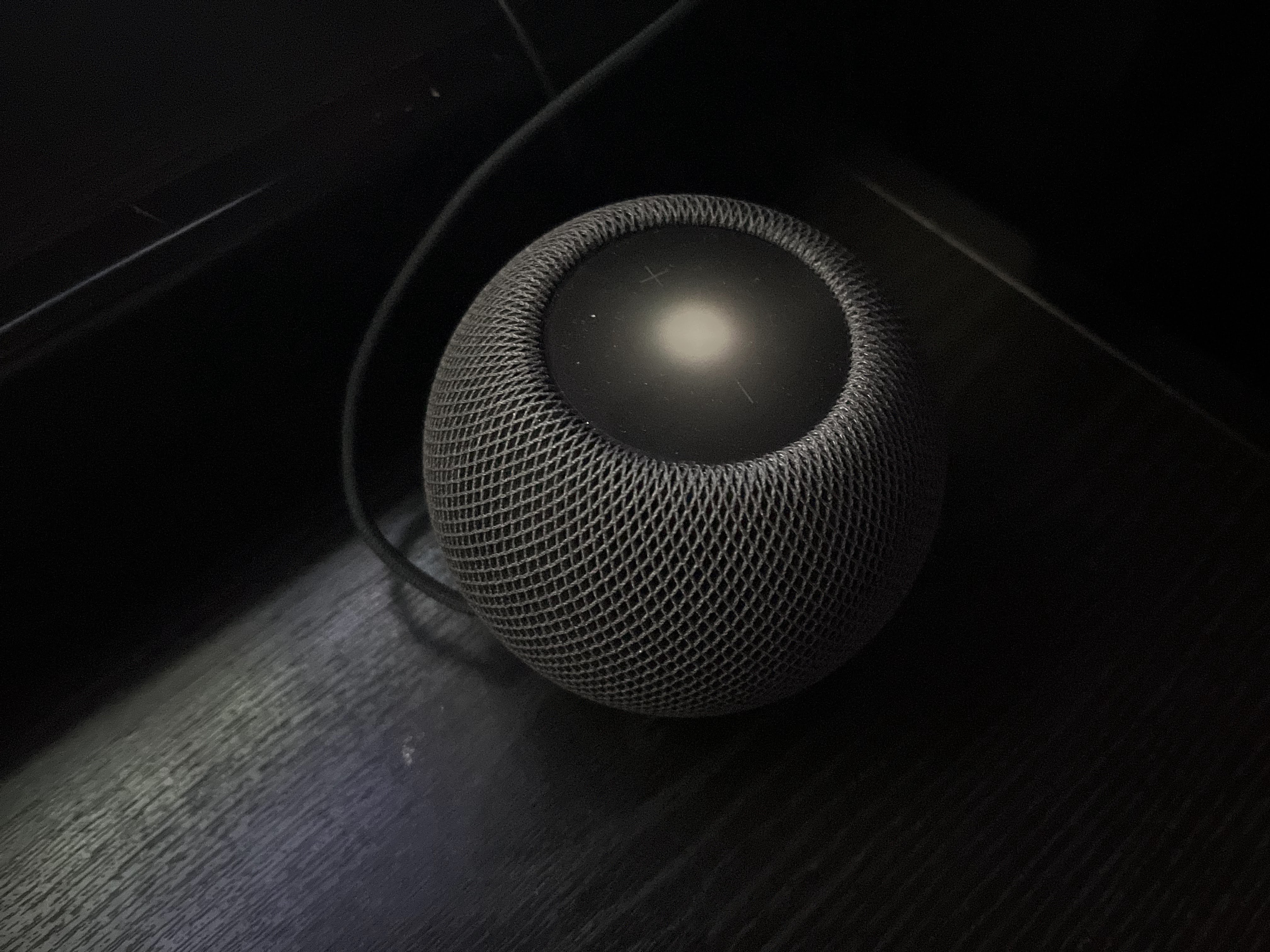Hey, Siri

Before driving my motorbike, I always check the weather to abort the mission in case of rain prediction. After getting a HomePod Mini as a Christmas present, I ask Siri rather than checking the weather on the phone. Usually, Siri is accurate in her predictions. However, we all know that predictions are easy on sunny days and easier on rainy ones. The critical are those in the middle; on cloudy days Siri needs to justify her value.
In Barcelona, there are days when you reckon that you are going to get a nice public shower. On those days, you prepare yourself, decide to avoid risks, leave your motorbike parked, and dust off your rusty umbrella (used twice a year in Barcelona). If it doesn't rain finally, you find yourself carrying an umbrella as a fashion accessory. If you live in Barcelona for several years, you'll train your pattern recognition brain functions, and you'll eventually develop an intuition on detecting these confusing days.
A few days ago, when I woke up in the morning, Barcelona's spirit was telling me that it was one of those days. You stare at your helmet and your helmet returns a defiant look. Then you approach the balcony, and you start taking data inputs: Is the floor wet? Are people carrying umbrellas? How dark are the clouds? How fast are they moving? Do you see any thunder? You collect data in less than 20 seconds, and then you let your prediction system do its work.
But hey, now I have a HomePod. Let's take advantage of Siri's data and her AI predictions with thousands (if not millions) training data inputs in her model. The conversation is straight to the point (translation from Spanish to English):
"Hey, Siri. Is it going to rain?"
"It doesn't look like it's going to rain."
Ok, cool. I go to my room, take my helmet, and head back to the kitchen to take the rubbish. In the kitchen, I hear the raindrops hitting the ground. Thanks, Siri. Prediction models are overrated.
Hi, I'm Erik, an engineer from Barcelona. If you like the post or have any comments, say hi.